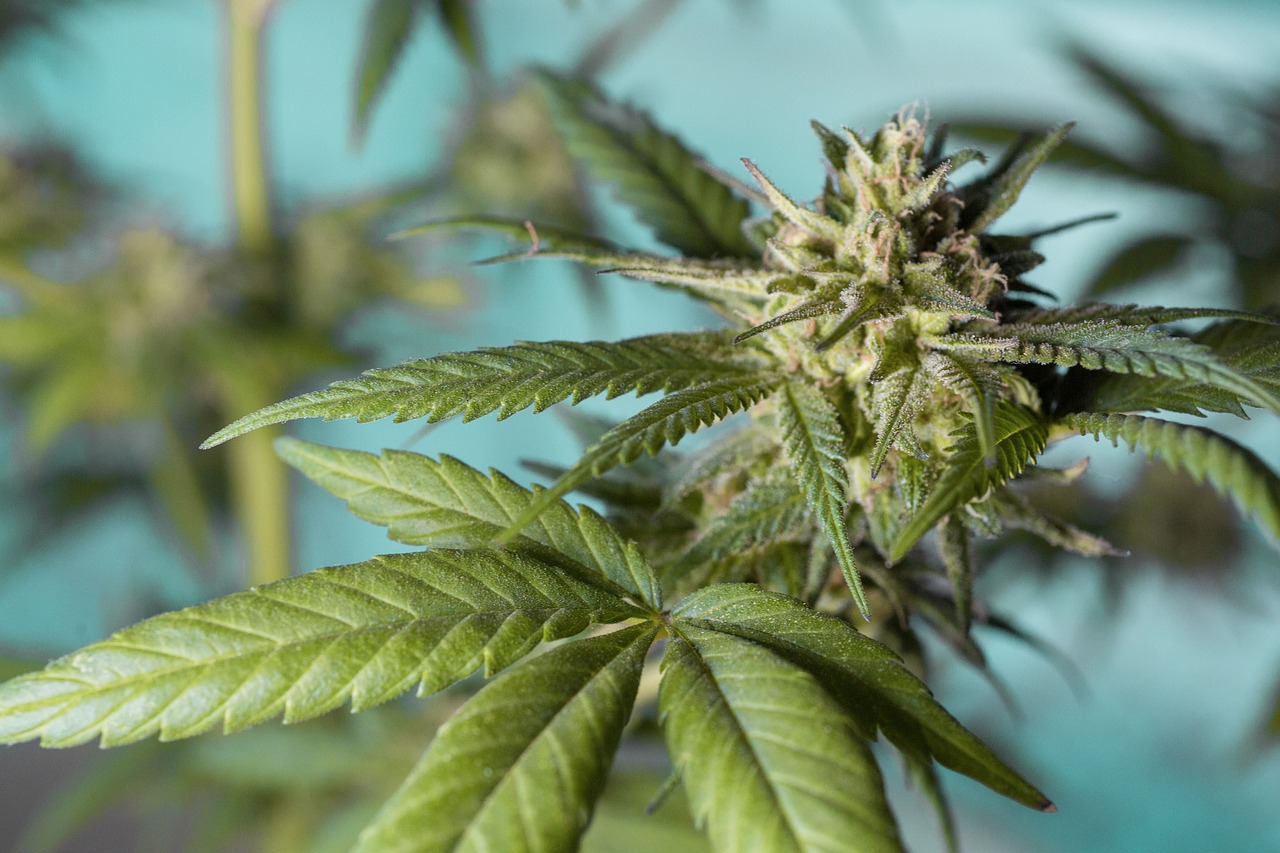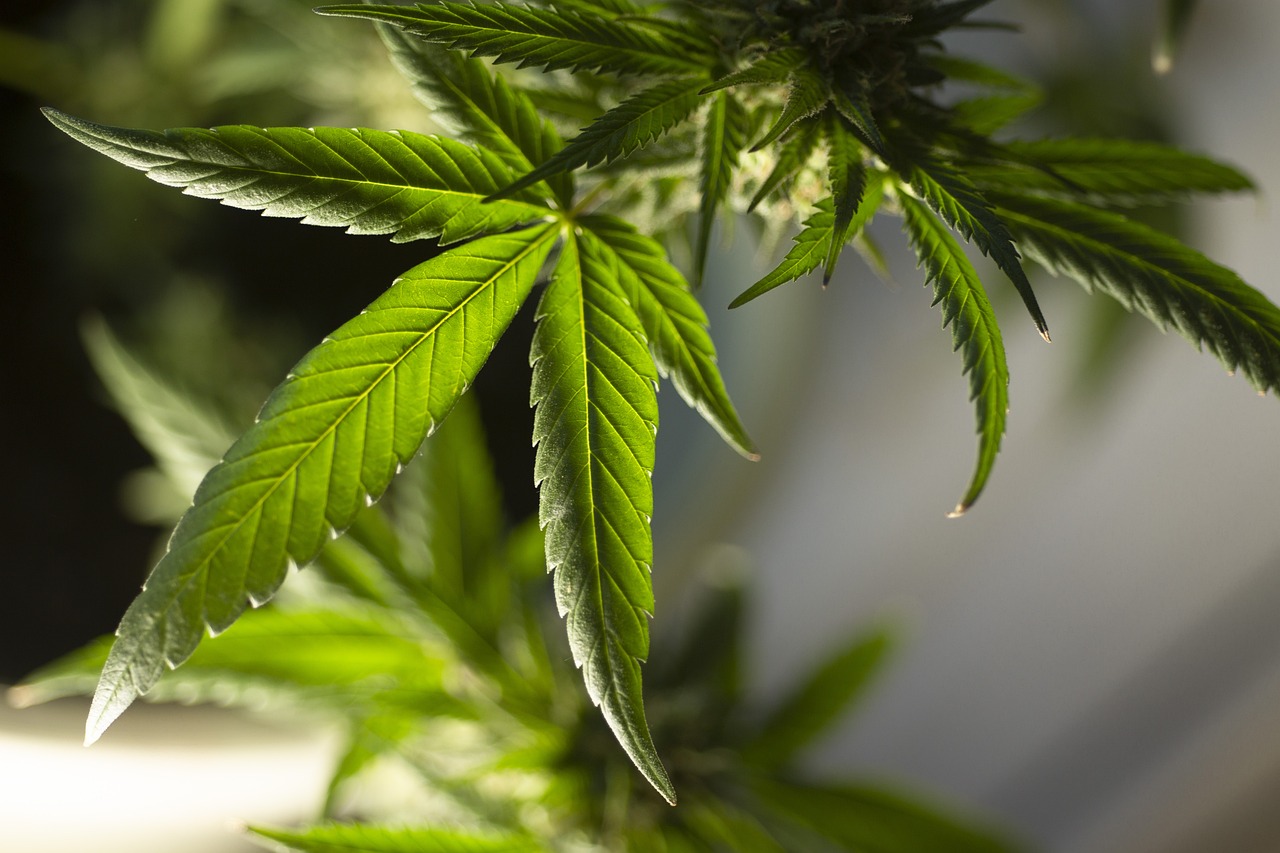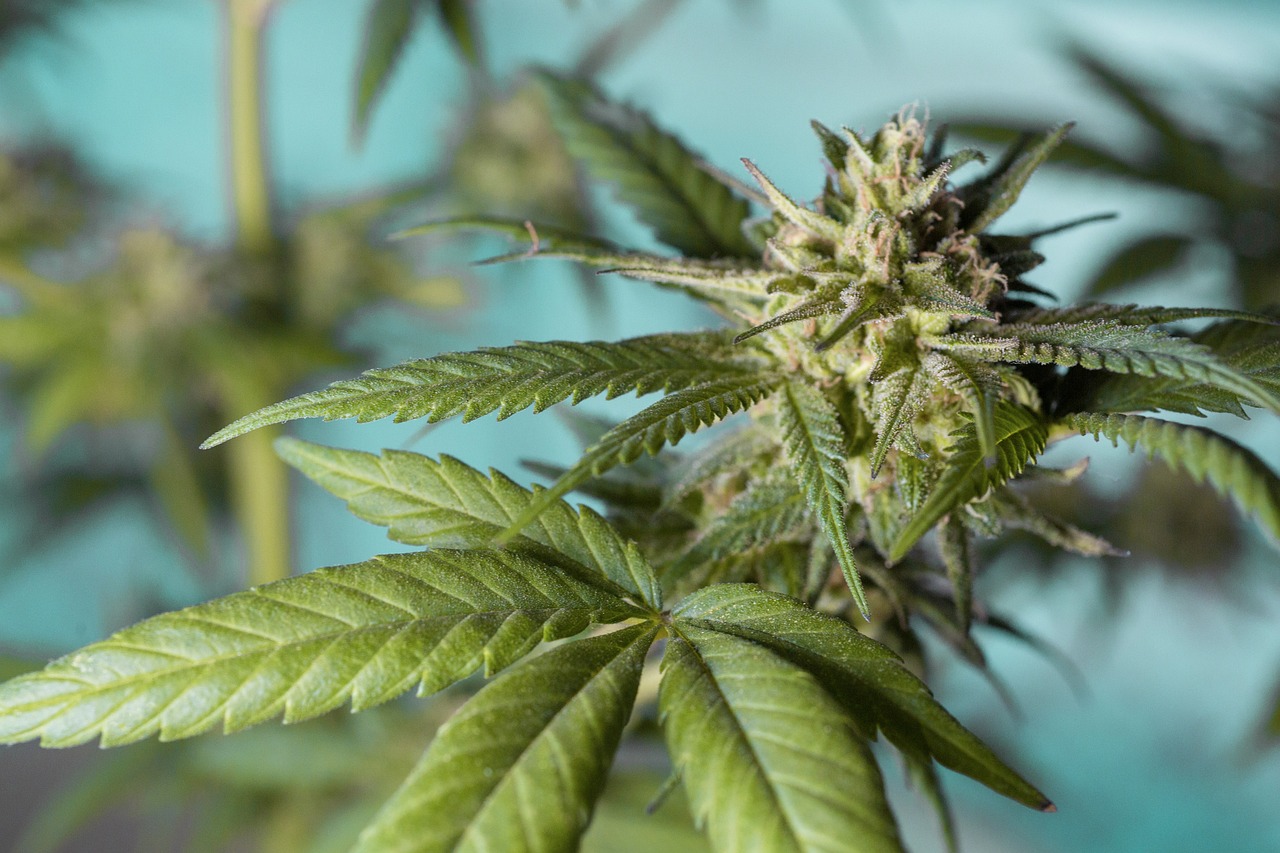Vaping vs. Smoking THCA: Pros and Cons
The debate between vaping and smoking THCA has gained traction as more individuals explore alternative methods of consuming cannabis. Both methods have their advocates and critics, and understanding the differences can help users make informed decisions. This article explores the advantages and disadvantages of vaping and smoking high-quality THCA flower, providing insights into their effects, health implications, and user experiences.
Understanding THCA
THCA, or tetrahydrocannabinolic acid, is a non-psychoactive cannabinoid found in raw cannabis plants. When heated, THCA converts to THC, the compound responsible for the psychoactive effects associated with cannabis. This conversion process is known as decarboxylation. Both vaping and smoking facilitate this transformation, but they do so in different ways.
Vaping THCA: Pros and Cons
Pros of Vaping THCA
- Healthier Alternative: Vaping is often considered a healthier option compared to smoking. It involves heating the cannabis to a temperature that releases cannabinoids without combustion, reducing the intake of harmful toxins and carcinogens.
- Flavor Preservation: Vaping preserves the terpenes in cannabis, which are responsible for its flavor and aroma. This results in a more flavorful experience compared to smoking.
- Temperature Control: Many vaporizers offer adjustable temperature settings, allowing users to customize their experience and optimize the release of specific cannabinoids and terpenes.
- Discreetness: Vaporizers produce less odor than smoking, making them a more discreet option for users who prefer privacy.
Cons of Vaping THCA
- Initial Cost: High-quality vaporizers can be expensive, which may be a barrier for some users.
- Learning Curve: New users may find it challenging to understand how to use vaporizers effectively, especially when it comes to temperature settings and maintenance.
- Battery Dependency: Portable vaporizers rely on batteries, which require regular charging and can be inconvenient if they run out unexpectedly.
Smoking THCA: Pros and Cons
Pros of Smoking THCA
- Immediate Effects: Smoking provides rapid onset of effects, which can be beneficial for users seeking quick relief from symptoms.
- Simplicity: Smoking is straightforward and does not require any special equipment beyond basic supplies like rolling papers or a pipe.
- Social Experience: Smoking is often seen as a social activity, allowing users to share the experience with others in a communal setting.
Cons of Smoking THCA
- Health Risks: Combustion releases harmful toxins and carcinogens, which can negatively impact respiratory health over time.
- Loss of Flavor: The high temperatures involved in smoking can degrade terpenes, resulting in a less flavorful experience.
- Odor: Smoking produces a strong odor that can linger on clothing and in the environment, which may be undesirable for some users.
Case Studies and Statistics
Research on the health implications of vaping versus smoking cannabis is ongoing. A study published in the Journal of the American Medical Association found that vaping cannabis resulted in fewer respiratory symptoms compared to smoking. Another study highlighted that vaporizing cannabis could deliver similar levels of THC with fewer harmful byproducts.
In terms of user preferences, a survey conducted by the Brightfield Group revealed that 58% of cannabis users preferred vaping over smoking, citing health concerns and flavor as primary reasons. These findings suggest a growing trend towards vaping as a preferred method of consumption.
Conclusion
Both vaping and smoking THCA offer unique experiences and come with their own set of advantages and disadvantages. Vaping is often seen as a healthier and more flavorful option, while smoking provides immediate effects and simplicity. Ultimately, the choice between vaping and smoking THCA depends on individual preferences, health considerations, and lifestyle factors. As research continues to evolve, users can make more informed decisions about their preferred method of consumption.









